Articles By Mary Pascaline Dharshini

Depression: Brain Centers Affected By Mental Illness Analyzed In Study
Researchers found that the brain’s lateral orbitofrontal cortex is affected by depression hence giving patients a sense of loss and disappointment associated with not receiving rewards. 
Is Your Kid A Fussy Eater? Genes Are More To Blame Than Parenting Style, Study Says
Genetic influences play a greater role than parenting styles when it comes to food-fussiness in toddlers, researchers found. 
Kids With Better Fine And Gross Motor Skills Do Better At School, Study Shows
Studies have shown that good social behavior is essential for a smooth transition to school and children with good executive function skills are more likely to be successful in school. 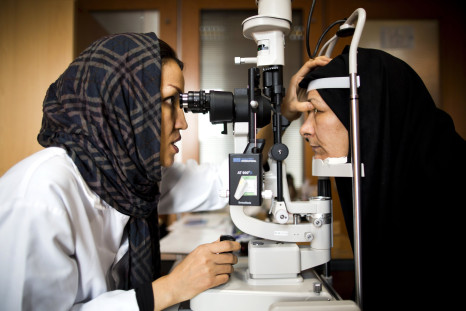
Glaucoma Breakthrough 2016: Early Detection and Experimental Drug Could Help With Vision Loss, Researchers Say
Researchers found that patients with glaucoma have poor blood flow when compared with people who don’t have glaucoma. 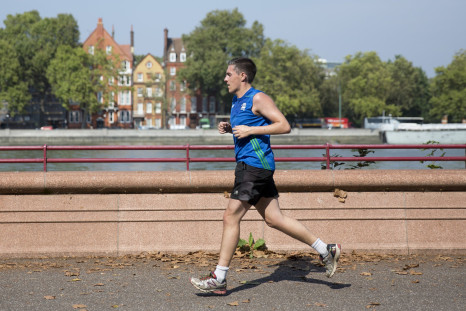
Meth Addiction: Exercise Coupled With Methamphetamine Can Help Addicts Recover, Study Says
Researchers said methamphetamine and exercise target those reward centers in the brain that are also involved in the maintenance of the circadian rhythms. 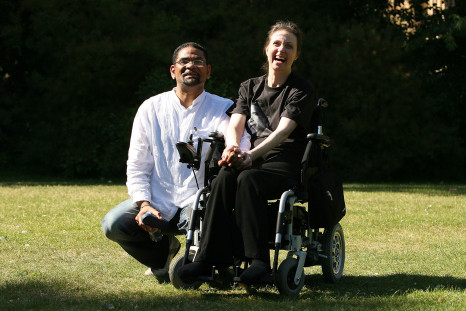
Multiple Sclerosis Drug Alemtuzumab Can Reverse Some Physical Disability Caused By MS, Study Says
The drug alemtuzumab can cause serious side effects and is commonly used to treat patients who didn't respond well to other drugs. 
Kidney Stones vs. Gallstones: What’s The Difference And How Do You Treat Them
“People who have had a kidney stone seem to have a heightened risk of gallstones — and vice versa,” Juan Omana, a general surgeon at Florida Hospital, said. 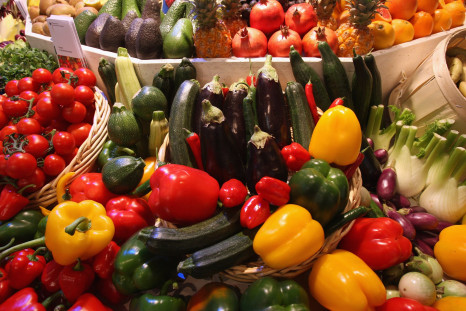
What Is The Carb Cycle Diet? Risks And Benefits To Know Before Starting Weight-Loss Plan
The diet alternates between high-carb days and low-carb days, promising to help with weight loss while ensuring that your body gets the macronutrients it needs. 
What Is The Atkins Induction Diet?
The Atkins diet is a low-carbohydrate diet recommended for weight loss, which was first promoted by Robert C. Atkins, a cardiologist who wrote a best-selling book on the diet in 1972. 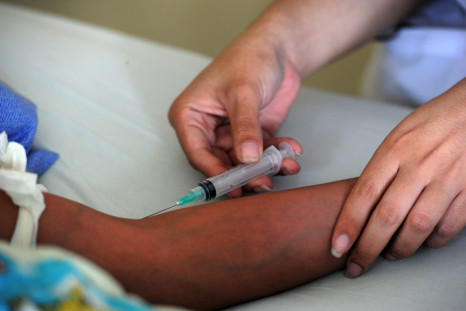
Chikungunya Symptoms 2016: First Signs Of Infection And What To Do
Chikungunya shares similarities with dengue and can often be misdiagnosed. 
Teenagers' Reward-Seeking Behavior Helps Them Learn From Experiences, Study Says
A study found that the coordinated activity of two regions of the adolescent brain grants teenagers the ability to learn from the outcomes of their reward-seeking behavior. 
Cancer: In Lifestyle vs. ‘Bad Luck’ Debate, DNA Errors Aren’t The Biggest Culprits
The study by researchers from UMC Utrecht is the first to directly measure DNA errors in human stem cells from different organs and from people belonging to different age groups.



























